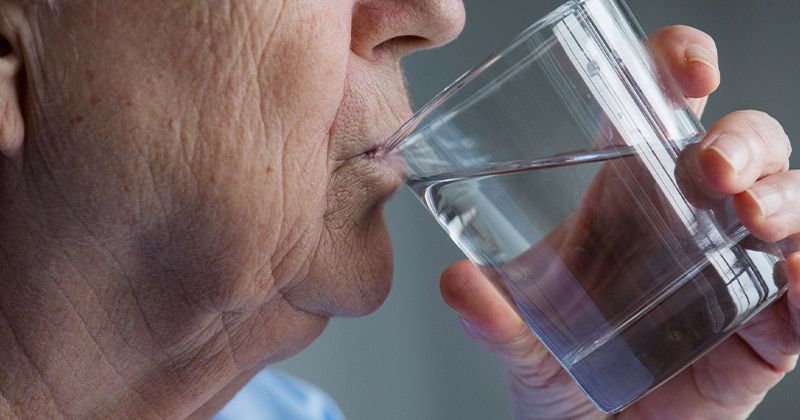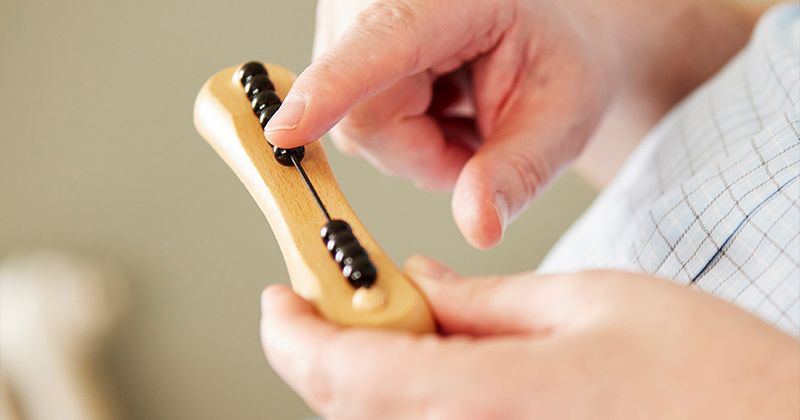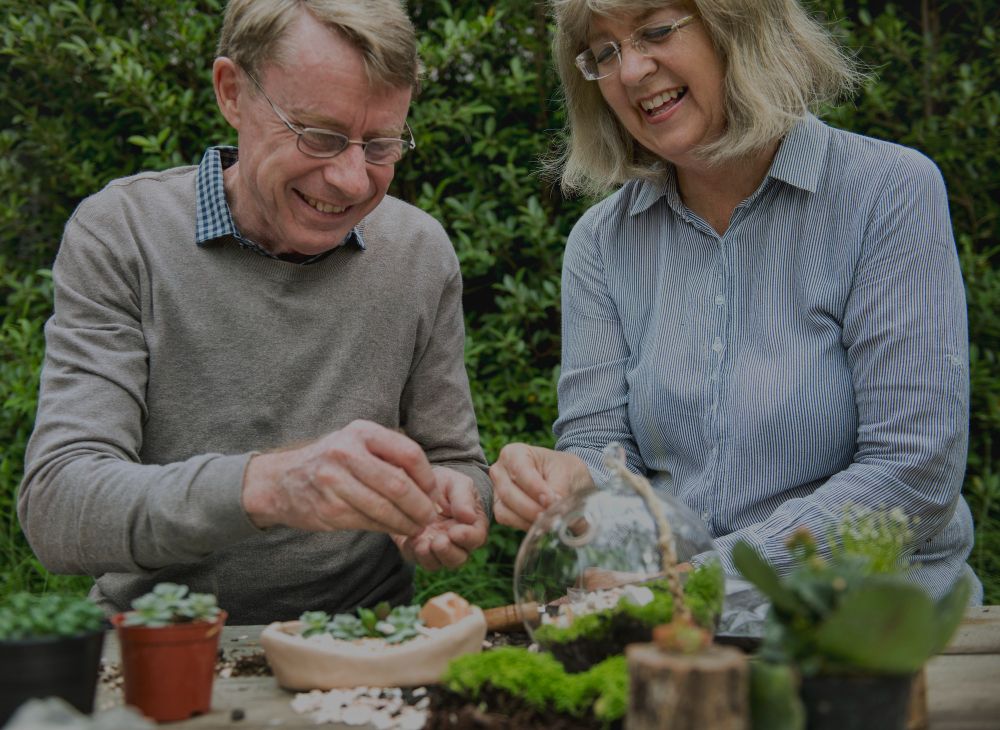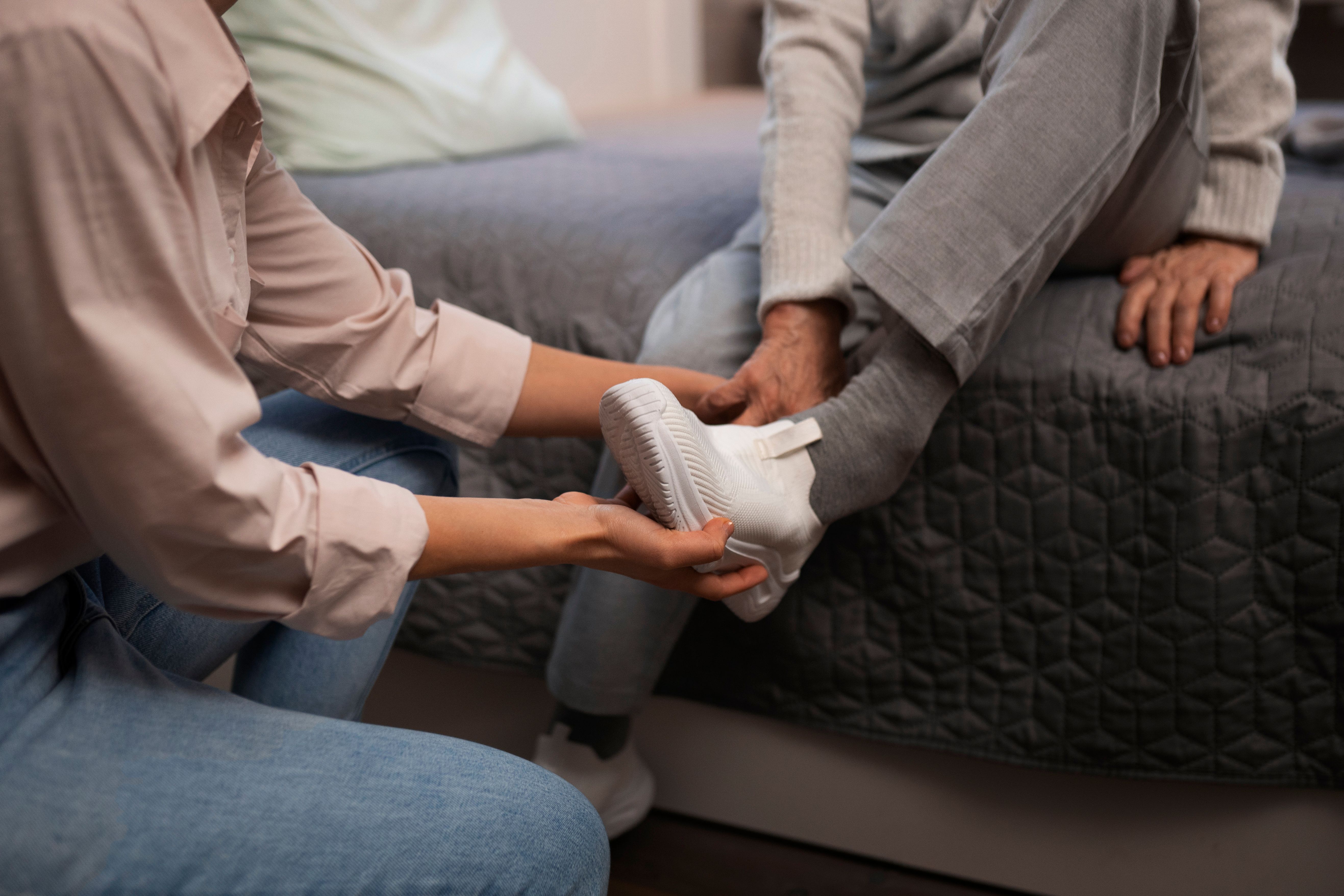Discover how to choose engaging activities for individuals living with dementia. Learn tips to tailor activities to cognitive and physical abilities, enhancing well-being and fostering meani...

Strategies to Encourage Your Loved One To Stay Hydrated
Hydration is crucial year-round for overall health, especially for individuals living with cognitive impairments who may forget to drink water or struggle to recognize thirst. In this article, we explore proactive measures to prevent dehydration in your loved ones.
Note: Before implementing these strategies, consult a healthcare professional, especially if your loved one has medical conditions requiring fluid restriction.
Understanding Dehydration
Older adults, particularly those living with cognitive impairments like Alzheimer's, are at higher risk of dehydration. This is due to changes such as reduced thirst and decreased kidney function. For those living with dementia, these risks are compounded by difficulties in communicating their fluid needs or recognizing dehydration cues.
Water is essential for our bodies to function properly and is crucial in maintaining our health and mood. Specifically, water gives us energy, lubricates our joints, hydrates our skin, aids in digestion, eliminates toxins, regulates our blood sugar, and controls our body temperature.
Common symptoms of dehydration include confusion, fatigue, dry mouth, dry skin, weakness, sunken eyes, dizziness, headaches, and decreased urine frequency. In individuals living with cognitive impairments, these symptoms may be easily misinterpreted, making recognizing dehydration more challenging.
To avoid dehydration, we must replenish our fluids!
How to Help Your Loved One Stay Hydrated?
To ensure adequate hydration and prevent dehydration, consider the following:
- Offer a variety of beverages: Include juices, flavored waters, and teas if water isn't preferred. However, drinking water is the best choice to stay hydrated!
- Incorporate hydrating foods: Include soups, fruits, and vegetables in their diet.
- Utilize innovative hydration solutions: Consider products like Jelly Drops, designed specifically for individuals living with cognitive impairments. These treats offer a delicious and hydrating treat, making it easier and enjoyable for a wide range of people to meet their daily hydration needs.
“Jelly Drops are a tasty and dignified solution for people living with dementia to support their hydration independently and encourage positive social interactions between caregivers, residents, and families. When I first offered them to my grandma, she ate seven in 10 minutes – which is the equivalent of drinking a glass of water, which would usually take hours and require much more assistance.”
Lewis Hornby, Founder and CEO of Jelly Drops
- Prepare easily accessible snacks: Cut fruits into bite-sized pieces or offer hydrating snacks to make it easier for your loved one to stay hydrated throughout the day.
- Empower choice: Involve your loved one in selecting their drinking bottle/ cup or deciding what to drink, fostering autonomy and engagement.
- Manage environmental factors: Keep them comfortable in hot weather with light clothing, fans, or cooling towels to prevent overheating, which can exacerbate dehydration risks.
- Encourage consistent hydration: Rather than relying on thirst as a cue, encourage regular sips of fluids throughout the day to maintain hydration levels. Increase water intake during hot weather!
- Keep water visibly accessible: Ensure a glass of water or water bottle is within sight, which can aid consumption when the thirst signal is no longer a reliable indicator.
- Use reminders or notes: Employ notes, alarms, or smart devices like the Idem Digital Clock to schedule hydration prompts throughout the day, easing the caregiver's workload.
- Monitor medications: Certain medications may increase dehydration risk, and avoid caffeinated beverages and alcohol. Keep in mind that some commonly prescribed medications for older adults may increase the risk of dehydration due to their diuretic effects or drug interactions. It's crucial to monitor these effects carefully and adjust treatments if necessary.
“Creating active routines to prevent dehydration during hot weather rather than treating the problem once it’s occurred is key. Finding a fun way to incorporate more water into a person’s diet is infinitely easier to manage than trying to persuade someone to drink more when they are already dehydrated.”
Lewis Hornby, Founder and CEO of Jelly Drops
Remember that these strategies may not be suitable for everyone, especially those with medical conditions requiring fluid restriction. If you have concerns about severe dehydration, it's essential to consult a healthcare professional.
Conclusion
Maintaining proper hydration is essential for overall health and well-being, particularly for individuals with cognitive impairments who may struggle to recognize or communicate their fluid needs. By implementing proactive strategies such as offering a variety of beverages, incorporating hydrating foods, and utilizing innovative solutions like Jelly Drops or the Idem calendar clock, you can significantly reduce the risk of dehydration.
Creating a consistent hydration routine, managing environmental factors, and using reminders can make a big difference. Remember to monitor any medications that may affect hydration and consult healthcare professionals if needed.
By staying attentive to these practices and tailoring them to your loved one's needs, you can help ensure they remain hydrated and healthy throughout the year.



